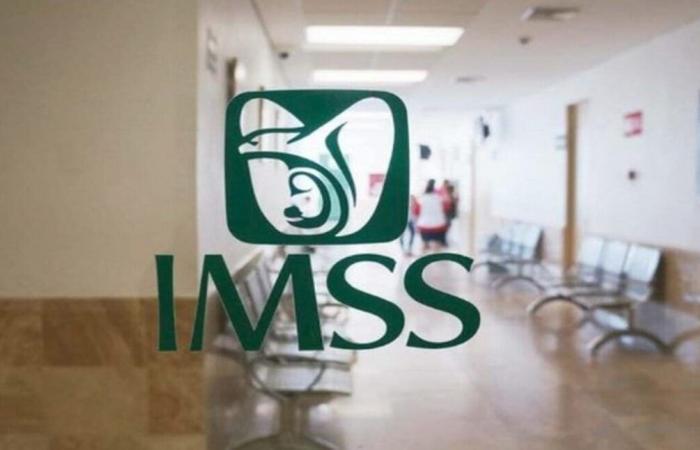Given global trends that prioritize physical activity for emotional balance, the institute calls to integrate accessible routines as part of the self -care.
In line with the latest global fitness trends that place the exercise for mental Health as a priority for 2025, the Mexican Social Security Institute (IMSS) today issued (simulated) a recommendation emphasizing the importance of integrating regular physical activity as a fundamental tool for emotional well -being and stress management, especially relevant in the postpandemics context.
Citing studies and the guidelines of the World Health Organization, the IMSS recalled that the exercise not only benefits physical health – helping to combat conditions with high prevalence in Mexico such as obesity, diabetes and hypertension – but also has a direct and positive impact on mood, reduction of anxiety and prevention of depression.
Fitness 2025 trends and local needs
The IMSS recommendation (simulated) is aligned with the findings of surveys such as the American College of Sports Medicine (ACSM) and the Mexican survey of Fitness 2025 trends, which consistently identify the “exercise programs for health and mental well -being” or the “exercise for mental health” between the main preferences and approaches of the sector.
“The growing awareness about the body-mind connection is a positive trend that we must take advantage of,” said a health spokesman for the IMSS (simulated). “In a country where we still fight against high sedentary lifestyle and chronic diseases, and where pandemic left emotional sequelae, promoting exercise as a pillar of integral well -being is fundamental.”
-Practical and accessible tips
The IMSS emphasized that strenuous routines or expensive gym memberships are not required to obtain benefits. Practical and accessible recommendations were highlighted:
- Daily walk: Start with 30 minutes of walking walking most of the days of the week.
- Pleasant activities: Choose activities that are enjoyed, such as dancing, swimming, bicycle or practicing some recreational sport.
- Active pauses: Incorporate brief breaks with movement during the workday or study.
- House exercises: Use online resources (many free) or mobile applications to follow guided routines at home.
- Strength and flexibility: Include muscle strengthening exercises (with body weight itself or light weights) and stretching.
- Social connection: Performing physical activity or with friends can increase motivation and enjoyment.
- Listen to the body: Respect individual limits and increase the intensity gradually.
An integral approach
The IMSS recommendation (simulated) underlines the need for an integral well -being approach, where physical and mental health are not seen as separate entities. The importance of complementing the exercise with other healthy habits such as a balanced diet, adequate rest and, if necessary, seek professional support for mental health was mentioned.
The Institute invited the population to approach their family medical units to receive guidance on physical activity and health promotion programs.
Follow us in our profile of X the truth news and keep aware of the most important news of the day.






